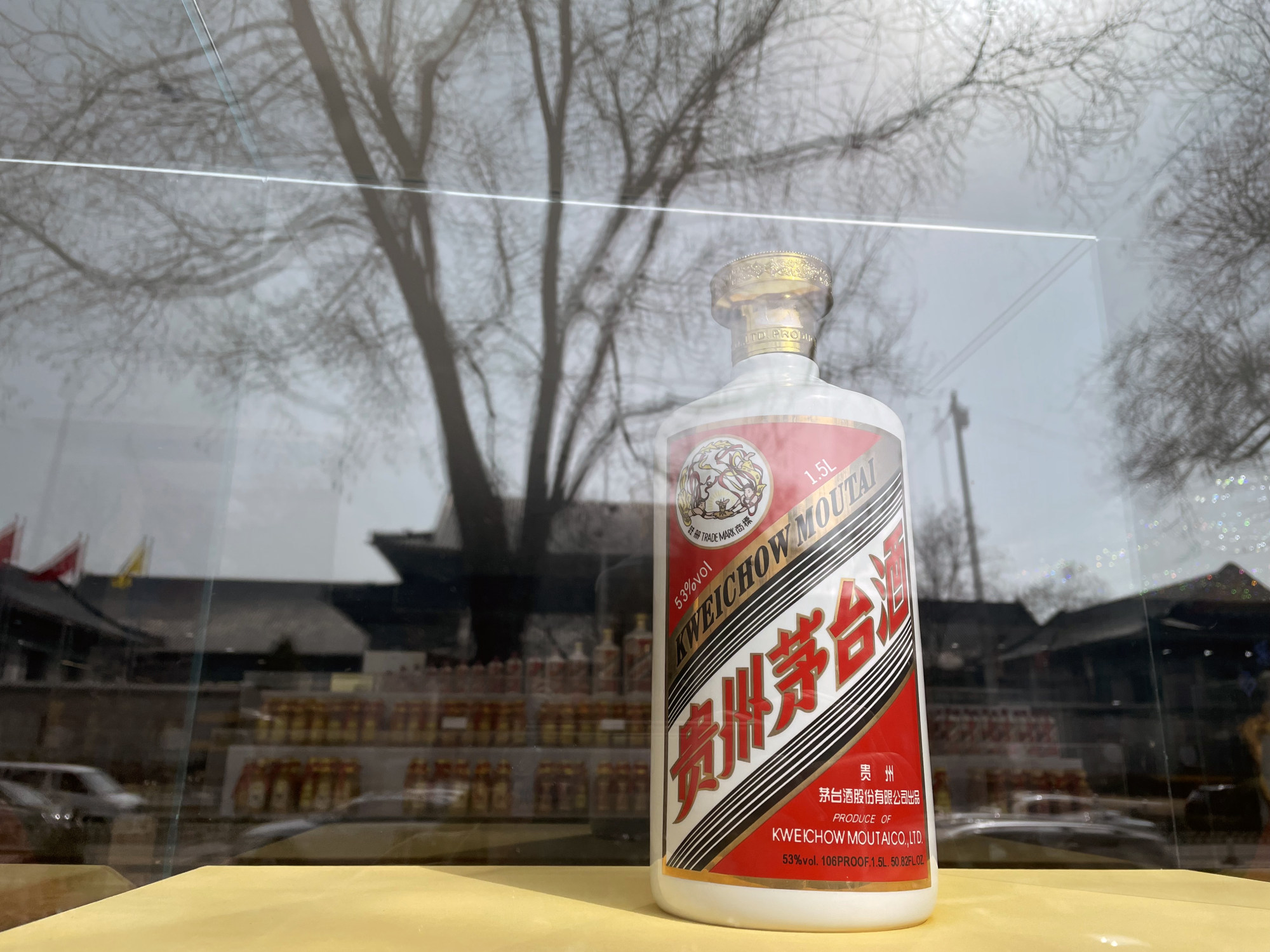
01 Mar China stock market: foreign investors halt exodus in sign of improving confidence on state intervention
Global traders resumed buying Chinese stocks in February after an unprecedented six months of outflows, suggesting a slew of market-rescue measures from state buying to curbs on quantitative trading has had some success in restoring investors’ confidence.
They invested a net 60.7 billion yuan (US$8.4 billion) in shares trading in Shanghai and Shenzhen through the Stock Connect programme with the Hong Kong exchange last month, according to Bloomberg data. That marked the end of 201 billion yuan worth of sales from August to January.
The return of foreign buying will add momentum to the rebound in Chinese stocks from a five-year low and fuel optimism among individual investors who follow the money.
“The comeback of foreign inflows is a reflection of the improvement in confidence among investors,” said Gong Huijing, an analyst at Wanlian Securities in Guangzhou. “This will further fuel an uptick in stocks.”

The return of foreign funds is one of the three prerequisites that will sustain the rally, with the other two being improving economic data in January and February and the roll out of more stronger stimulus measures and reforms, according to Daiwa Securities Group.
Why investors are bullish on China’s onshore market maintaining course
Why investors are bullish on China’s onshore market maintaining course
Overseas hedge funds waded into the market before other foreign investors. They pumped 7.7 billion yuan into onshore stocks in January, defying overall net selling by foreign investors totalling 14.5 billion yuan that month, UBS Group said in a report this week. Such buying was boosted to at least 13.6 billion yuan in February, the Swiss bank said.
Foreign buying was mainly concentrated in equities of banks and insurers, whose battered valuations and high dividend yields shield them from the turmoil in the broader market, said Melody Lai, an analyst at SPDB International.
A gauge tracking the mainland’s banking sector has surged 9.3 per cent this year, and an index tracking insurers has risen 5.3 per cent, beating a 3.1 per cent gain in the CSI 300, according to financial data provider Shanghai DZH.
China punishes hedge fund as it broadens crackdown on quant trading
China punishes hedge fund as it broadens crackdown on quant trading
Banking and insurance stocks have been the key beneficiaries of the state buying that targeted exchange-traded funds tracking the CSI 300, in which the two sectors account for the bulk of weightings.
Liquor giant Kweichow Moutai, China Merchants Bank, Ping An Insurance and Contemporary Amperex Technology were among the most sought-after onshore stocks by overseas investors through the exchange link last month, according to data from the Hong Kong bourse.
